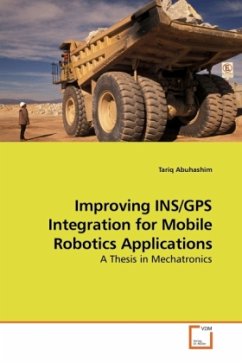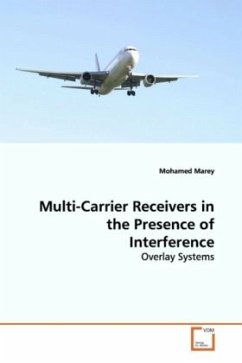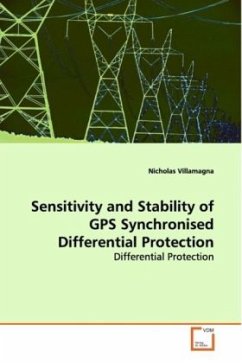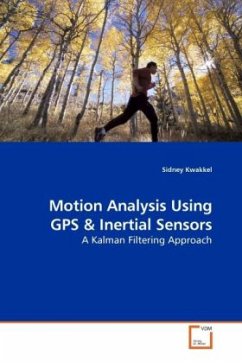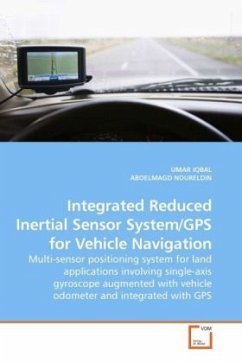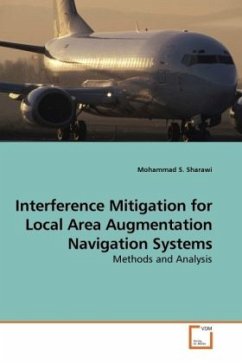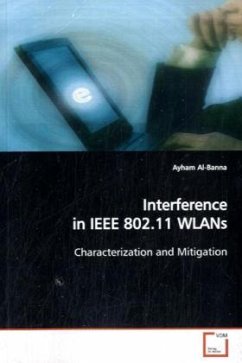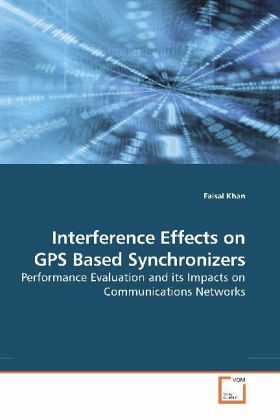
Interference Effects on GPS Based Synchronizers
Performance Evaluation and its Impacts on Communications Networks
Versandkostenfrei!
Versandfertig in 6-10 Tagen
32,99 €
inkl. MwSt.

PAYBACK Punkte
16 °P sammeln!
The rapid evolution of high speed and complex communications networks necessitates flawless time synchronization among the network nodes to guarantee performance. GPS Based synchronizers (employing GPS timing receivers) have long been relied upon for synchronizing telecommunications equipment. However, like any other wireless system, their operation is highly vulnerable to the received Radio Frequency Interference (RFI). This RFI can corrupt their operation, eventually degrading the quality of the offered synchronization. This consideration motivates the performance evaluation of GPS timing re...
The rapid evolution of high speed and complex communications networks necessitates flawless time synchronization among the network nodes to guarantee performance. GPS Based synchronizers (employing GPS timing receivers) have long been relied upon for synchronizing telecommunications equipment. However, like any other wireless system, their operation is highly vulnerable to the received Radio Frequency Interference (RFI). This RFI can corrupt their operation, eventually degrading the quality of the offered synchronization. This consideration motivates the performance evaluation of GPS timing receivers in the presence of RFI. This book theoretically evaluates their performance, proposes a hypothesis about their behavior in the presence of received RFI and confirms this hypothesis experimentally. It also discusses the impact of degraded quality of synchronization on performance of served communication networks. This book finally proposes a method to predict and avoid communications network performance degradation due to such corrupted synchronization.



